Moamar Sayed-Mouchaweh
Explainable Predictive Maintenance
Jun 08, 2023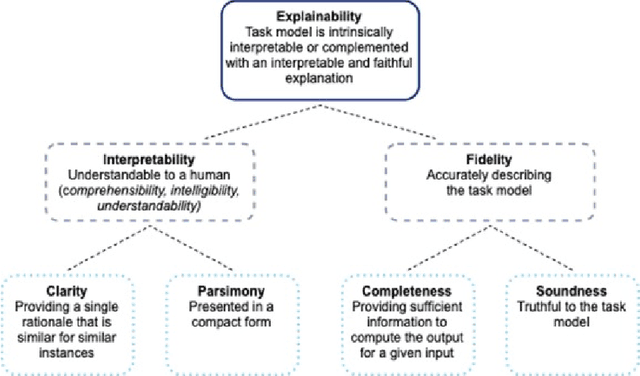

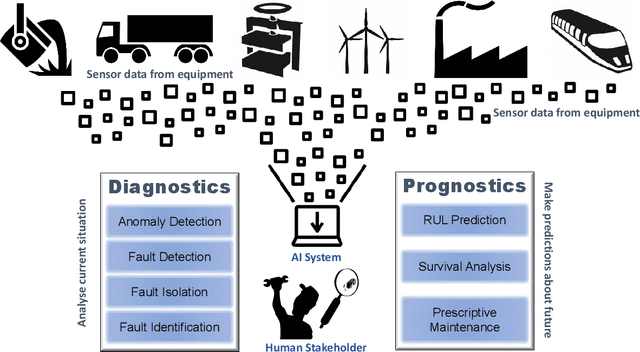
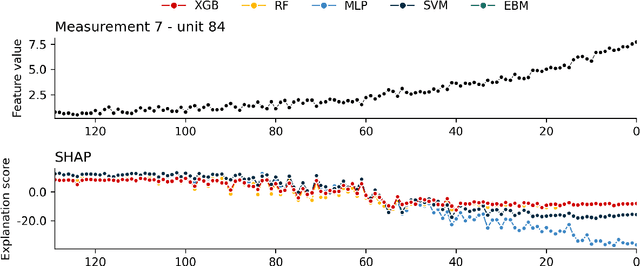
Abstract:Explainable Artificial Intelligence (XAI) fills the role of a critical interface fostering interactions between sophisticated intelligent systems and diverse individuals, including data scientists, domain experts, end-users, and more. It aids in deciphering the intricate internal mechanisms of ``black box'' Machine Learning (ML), rendering the reasons behind their decisions more understandable. However, current research in XAI primarily focuses on two aspects; ways to facilitate user trust, or to debug and refine the ML model. The majority of it falls short of recognising the diverse types of explanations needed in broader contexts, as different users and varied application areas necessitate solutions tailored to their specific needs. One such domain is Predictive Maintenance (PdM), an exploding area of research under the Industry 4.0 \& 5.0 umbrella. This position paper highlights the gap between existing XAI methodologies and the specific requirements for explanations within industrial applications, particularly the Predictive Maintenance field. Despite explainability's crucial role, this subject remains a relatively under-explored area, making this paper a pioneering attempt to bring relevant challenges to the research community's attention. We provide an overview of predictive maintenance tasks and accentuate the need and varying purposes for corresponding explanations. We then list and describe XAI techniques commonly employed in the literature, discussing their suitability for PdM tasks. Finally, to make the ideas and claims more concrete, we demonstrate XAI applied in four specific industrial use cases: commercial vehicles, metro trains, steel plants, and wind farms, spotlighting areas requiring further research.
Asynchronous Stochastic Variational Inference
Jan 12, 2018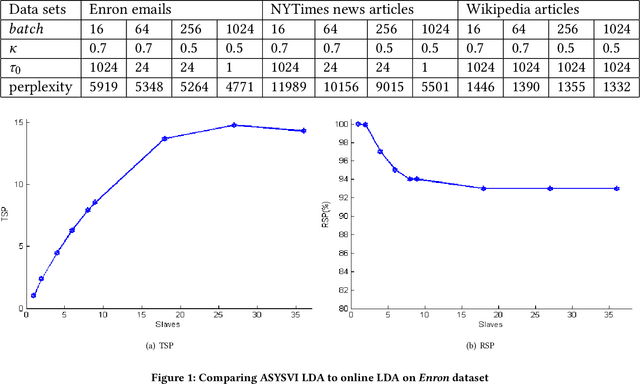
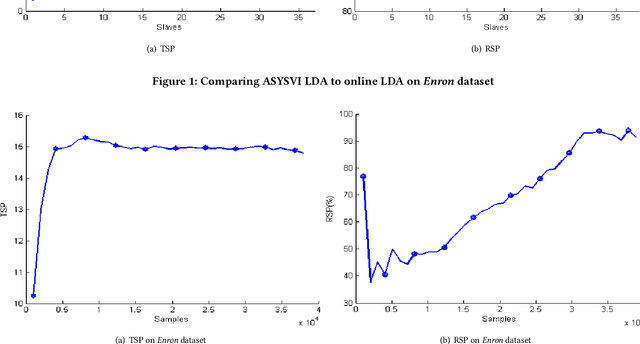
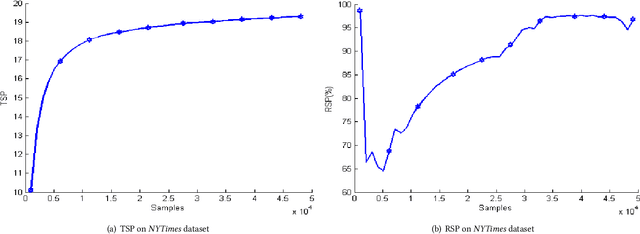
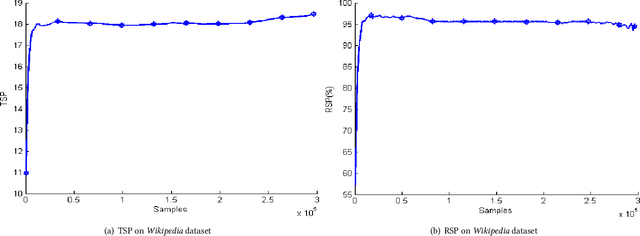
Abstract:Stochastic variational inference (SVI) employs stochastic optimization to scale up Bayesian computation to massive data. Since SVI is at its core a stochastic gradient-based algorithm, horizontal parallelism can be harnessed to allow larger scale inference. We propose a lock-free parallel implementation for SVI which allows distributed computations over multiple slaves in an asynchronous style. We show that our implementation leads to linear speed-up while guaranteeing an asymptotic ergodic convergence rate $O(1/\sqrt(T)$ ) given that the number of slaves is bounded by $\sqrt(T)$ ($T$ is the total number of iterations). The implementation is done in a high-performance computing (HPC) environment using message passing interface (MPI) for python (MPI4py). The extensive empirical evaluation shows that our parallel SVI is lossless, performing comparably well to its counterpart serial SVI with linear speed-up.
 Add to Chrome
Add to Chrome Add to Firefox
Add to Firefox Add to Edge
Add to Edge